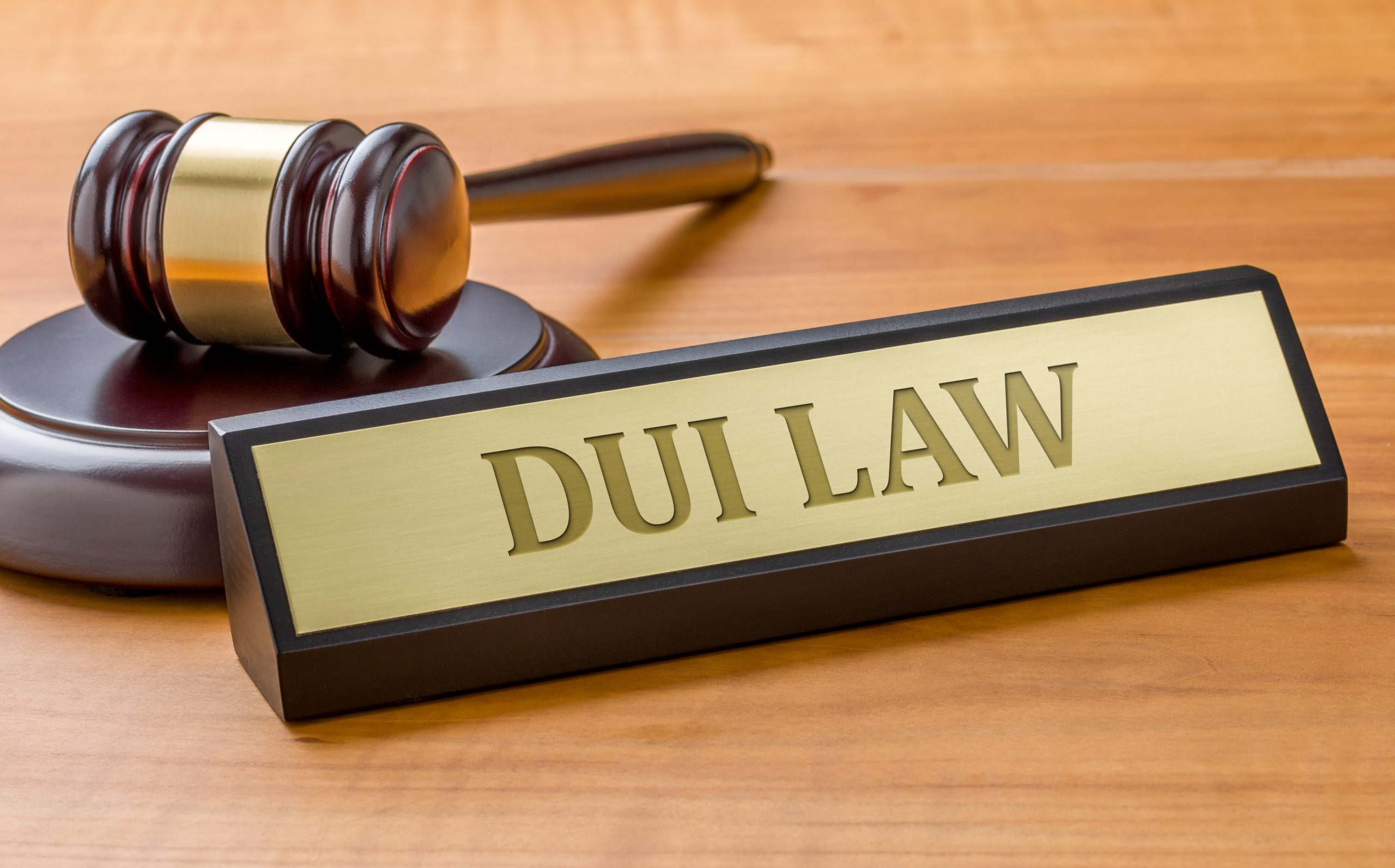Getting a DUI can affect buying a house—either directly or indirectly. All home mortgage lenders have their own processes for loan applications, and they may or may not choose to check your criminal background. However, even if they don’t, having a DUI on your record can affect many areas of your life, such as your yearly salary and employment history.
A mortgage lender can deny an application if you don’t show a sufficient employment record or earnings in recent years, among other criteria. Read on to learn more about how a DUI can affect buying a house.
What Factors Will a Mortgage Lender Consider in a Loan Application?
When you apply for a home loan, a mortgage lender typically looks at a few major factors. In general, they look at your ability to make consistent monthly payments over the course of your 10-, 15-, or 25-year mortgage, depending on the type of loan you’re looking for.
With that in mind, here’s what a mortgage lender considers:
Employment Status
Most banks want to see at least two years of consistent employment history before they’re willing to grant a home loan.
If you get a DUI, you may have gaps in your employment. You may have lost a job if you have to serve time in jail or prison or if your license was suspended. You may have needed to take part-time or gig work until you could secure full-time employment again.
If a lender sees that you have had a spotty employment history in recent years, you may need to explain these gaps and disclose that you have a DUI conviction.
Financial Status
Similarly, banks want to see you have at least two years of consistent earnings to get a home loan. They may want to see:
- Two years of tax returns
- Income from all sources, including self-employment or 1099 forms
A lender may even contact your current employer to verify that you’re actively working for the company.
Again, your financial picture can be complicated if you have a DUI on your record. With gaps in employment related to jail time or license suspension, you may not have been able to earn as much or could only earn income on a sporadic basis. This can make it harder to qualify for a home loan.
Other Factors
A loan application is a complicated process. Banks may consider many other factors, including:
- Other recent loan or credit applications
- History of on-time payments
- History of bankruptcy
- Credit utilization
- Your debt-to-income ratio
A DUI can strain your finances, forcing you to pay fines and court costs. If you had to take out several new lines of credit to meet your financial obligations, this can show up on your credit history. Banks may not want to grant a home loan if you opened one or more new credit cards recently.
Also, if you’re heavily utilizing those cards, that can play a role in your application. Utilization refers to how much of your credit card limit you’re using. So, if your line of credit for one card is $15,000 and $20,000 for another card and you’re carrying a balance of $13,500 on the first and $18,750 on the second, that’s high utilization for both cards.
You could be carrying big balances on your credit cards if you’ve faced financial challenges because of a recent DUI.
If You Get a DUI, It Can Affect Buying a House
All of that being said, then, the answer is yes: Getting a DUI can strain your chances of buying a home. However, every situation is different.
If you’re facing a DUI charge or have a conviction on your record, consider what you can do to improve your chances of maintaining good financial standing.
What You Can Do to Improve Your Chances of a Home Loan With a DUI Record
Just because you have or could have a DUI on your record doesn’t mean that you can’t rebuild your life and move forward with your dreams of buying a house. Follow these steps as you move forward after a DUI arrest:
- Get the Support You Need: The personal and financial strain you face after a DUI charge or conviction can feel overwhelming. Lean on a good support network. Find a support group for people recovering after a DUI. Get the addiction treatment you need to attend any court-ordered courses.
- Maintain an Employment History, if Possible: Lenders don’t just consider full-time employment when considering your loan application. Consider all your options to earning income, including gig work or even self-employment. This will also allow you to show that you continued earning income after you got a DUI. Also, some employers may not consider your DUI record, especially if you won’t be driving or operating special equipment in your work duties.
- Consider Hiring an Attorney: If you face charges or have a DUI conviction, you may want to have an attorney’s help. A lawyer can help you navigate every step of the legal process if you have not yet been convicted. They can work with the prosecutor to reduce or drop your charges. But even if you already received a sentence for a DUI conviction, you could benefit from a lawyer’s help. They can advise you of your options for expungement or sealing your record and tell you when you’re eligible to take that step.
Our DUI Lawyers Can Help When a DUI Affects Buying a House
Since a DUI can affect buying a house, consider working with a DUI lawyer from McKenzie Law Firm, P.C. We can begin building your defense immediately. Call us today.



